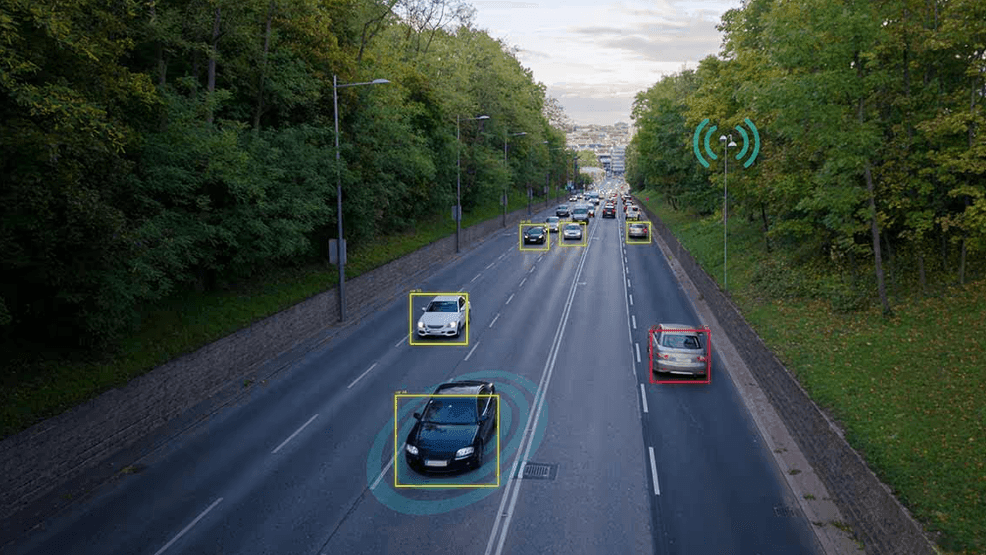Tools & Platforms
Perplexity AI makes unsolicited $34.5bn bid to buy Google Chrome | Technology News

This is the second major offer the AI startup has made this year to buy a major asset. In January, it offered to buy TikTok.
Perplexity AI said it has made a $34.5bn unsolicited all-cash offer for Alphabet’s Google Chrome browser.
The deal, if Alphabet agreed to it, would also require financing above the startup’s most recently reported valuation of $18bn.
The nearly three-year-old startup’s purchase of Chrome, if approved, would give the company access to its more than three billion users as regulatory pressure weighs on Google’s control over the tech industry.
Perplexity did not disclose on Tuesday how it plans to fund the offer, but has raised $1bn in funding from investors including SoftBank and the semiconductor chip giant Nvidia.
Several funds have said they would finance the deal in full if Alphabet accepts, the Reuters news agency reported citing unnamed sources familiar with the matter.
Alphabet has not offered to sell Chrome and has planned to appeal a United States court ruling that said Google held an unlawful monopoly over the online search marketplace. The US Department of Justice has said that divestiture of Chrome would help remedy that case. A federal judge is expected to rule on remedies for the case later this month.
Web browsers as vital gateways
As a new generation of users turns to chatbots such as ChatGPT and Perplexity for answers, web browsers are regaining prominence as vital gateways to search traffic and prized user data, making them central to Big Tech’s AI ambitions.
Perplexity already has an AI browser, Comet, that can perform certain tasks on a user’s behalf. Buying Chrome would allow it to tap the browser’s more than three billion users, giving it the heft to better compete with bigger rivals such as OpenAI. The ChatGPT parent is also working on its own AI browser.
Perplexity, run by CEO Aravind Srinivas, has said it will keep the browser’s code open source and make no changes to the default search engine, according to Reuters.
The San Francisco-based startup is far from the only company to express interest in Google Chrome. ChatGPT owner OpenAI has also expressed interest, as has Yahoo and New York-based private equity firm Apollo Global Management.
It is not the first eye-catching bid from the AI startup this year. In January, Perplexity AI offered to buy TikTok after regulators called for the Chinese-owned app to be sold to a US company. The White House has delayed the ban several times. The most recent delay was announced in late June.
Neither Google nor Perplexity immediately responded to Al Jazeera’s request for comment.
On Wall Street, Alphabet’s share price surged up 1.4 percent since the market opened. Potential funder Nvidia is relatively flat, only up about 0.1 percent. However, SoftBank is surging up more than 6.9 percent as of 1pm in New York (17:00 GMT). Perplexity is not a publicly traded company.
Tools & Platforms
AI anxiety: How technology is turning travel into a trap — and what you can do about it – Santa Fe New Mexican
Tools & Platforms
AI technology targets traffic safety, aims to reduce 40,000 annual U.S. roadway deaths

AI technology is being used all around us to help bolster safety, and a recent innovation is aiming to help prevent traffic accidents.
“It really is one of the biggest crises in the U.S., to see 40,000 people a year dying on our roadways,” Vice President of Rekor Systems Paul Zamsky said.
SEE ALSO | Schools across the nation looking into AI to boost security, prevent mass shootings
Rekor Systems was founded in 2017, with the goal of using AI and roadway data to make drivers safer.
“Detecting where crashes have happened without having to wait for a 911 call or identifying the areas that are riskier so that we could identify potential preventative measures and work with agencies to help prevent crashes from happening,” Zamsky said.
Zamsky said the technology has been out in pilot form for a few years now across the USA, and said it is more than just using historic data of crash hot spots.
“There’s weather, there’s contextual driving behavior like are you swerving, accelerating, decelerating, is there an event happening, is there construction happening,” he said.
Data from cars helps the company identify risky roadways and possible solutions. Zamsky said all the data they do get is anonymous and in an aggregated fashion; he said the car acts almost as a virtual sensor.
“That enables us really to see what is happening on the road without having to have physical infrastructure, millions of dollars of hardware and cameras and everything put on the side of the road to be able to understand those roadways,” Zamsky said.
Tools & Platforms
AI technology targets traffic safety, aims to reduce 40,000 annual U.S. roadway deaths

AI technology is being used all around us to help bolster safety, and a recent innovation is aiming to help prevent traffic accidents.
“It really is one of the biggest crises in the U.S., to see 40,000 people a year dying on our roadways,” Vice President of Rekor Systems Paul Zamsky said.
SEE ALSO | Schools across the nation looking into AI to boost security, prevent mass shootings
Rekor Systems was founded in 2017, with the goal of using AI and roadway data to make drivers safer.
“Detecting where crashes have happened without having to wait for a 911 call or identifying the areas that are riskier so that we could identify potential preventative measures and work with agencies to help prevent crashes from happening,” Zamsky said.
Zamsky said the technology has been out in pilot form for a few years now across the USA, and said it is more than just using historic data of crash hot spots.
“There’s weather, there’s contextual driving behavior like are you swerving, accelerating, decelerating, is there an event happening, is there construction happening,” he said.
Data from cars helps the company identify risky roadways and possible solutions. Zamsky said all the data they do get is anonymous and in an aggregated fashion; he said the car acts almost as a virtual sensor.
“That enables us really to see what is happening on the road without having to have physical infrastructure, millions of dollars of hardware and cameras and everything put on the side of the road to be able to understand those roadways,” Zamsky said.
-

 Business1 week ago
Business1 week agoThe Guardian view on Trump and the Fed: independence is no substitute for accountability | Editorial
-
Tools & Platforms4 weeks ago
Building Trust in Military AI Starts with Opening the Black Box – War on the Rocks
-

 Ethics & Policy1 month ago
Ethics & Policy1 month agoSDAIA Supports Saudi Arabia’s Leadership in Shaping Global AI Ethics, Policy, and Research – وكالة الأنباء السعودية
-

 Events & Conferences4 months ago
Events & Conferences4 months agoJourney to 1000 models: Scaling Instagram’s recommendation system
-

 Jobs & Careers2 months ago
Jobs & Careers2 months agoMumbai-based Perplexity Alternative Has 60k+ Users Without Funding
-

 Education2 months ago
Education2 months agoVEX Robotics launches AI-powered classroom robotics system
-

 Podcasts & Talks2 months ago
Podcasts & Talks2 months agoHappy 4th of July! 🎆 Made with Veo 3 in Gemini
-

 Education2 months ago
Education2 months agoMacron says UK and France have duty to tackle illegal migration ‘with humanity, solidarity and firmness’ – UK politics live | Politics
-

 Funding & Business2 months ago
Funding & Business2 months agoKayak and Expedia race to build AI travel agents that turn social posts into itineraries
-

 Podcasts & Talks2 months ago
Podcasts & Talks2 months agoOpenAI 🤝 @teamganassi

















